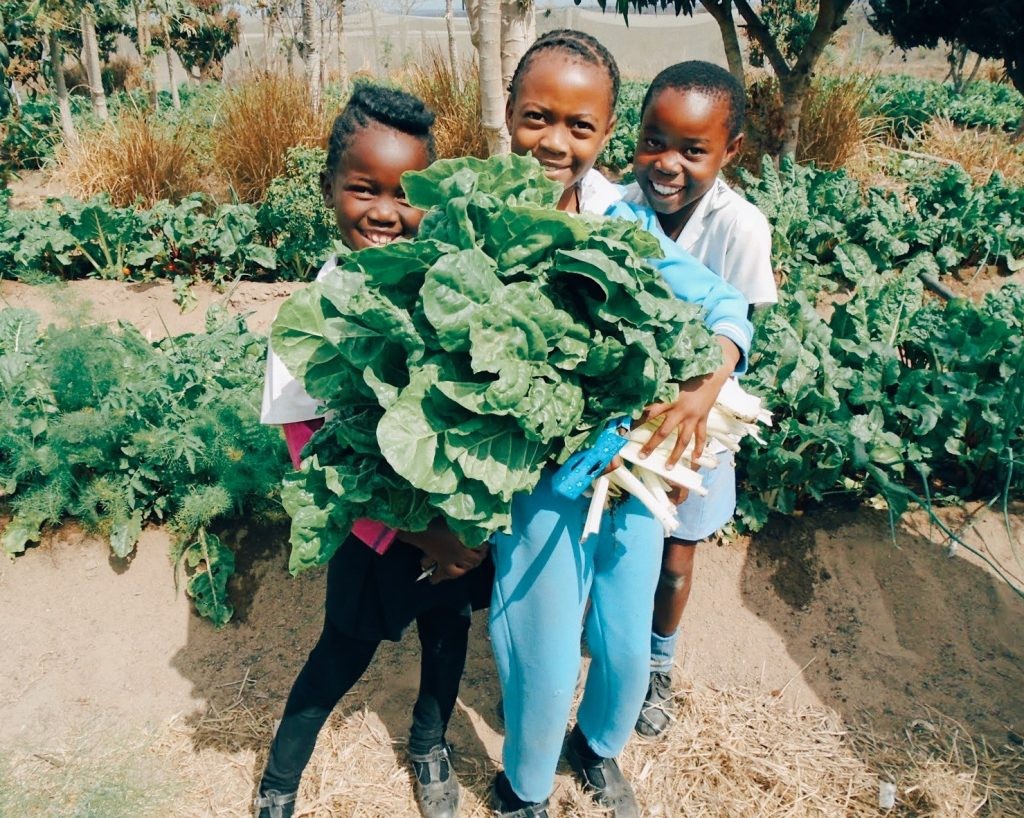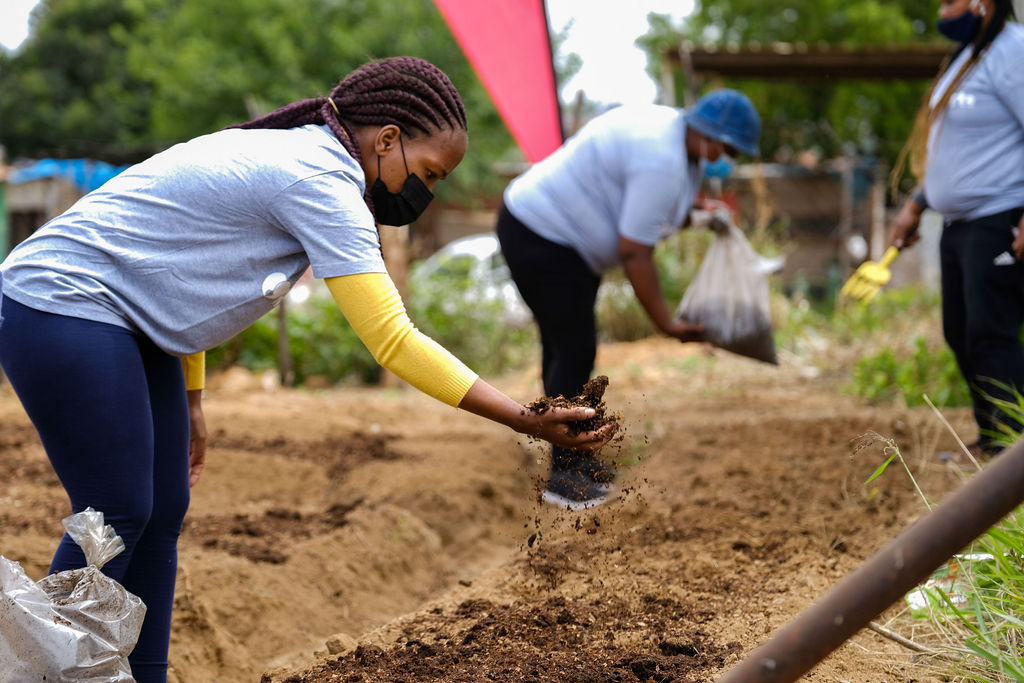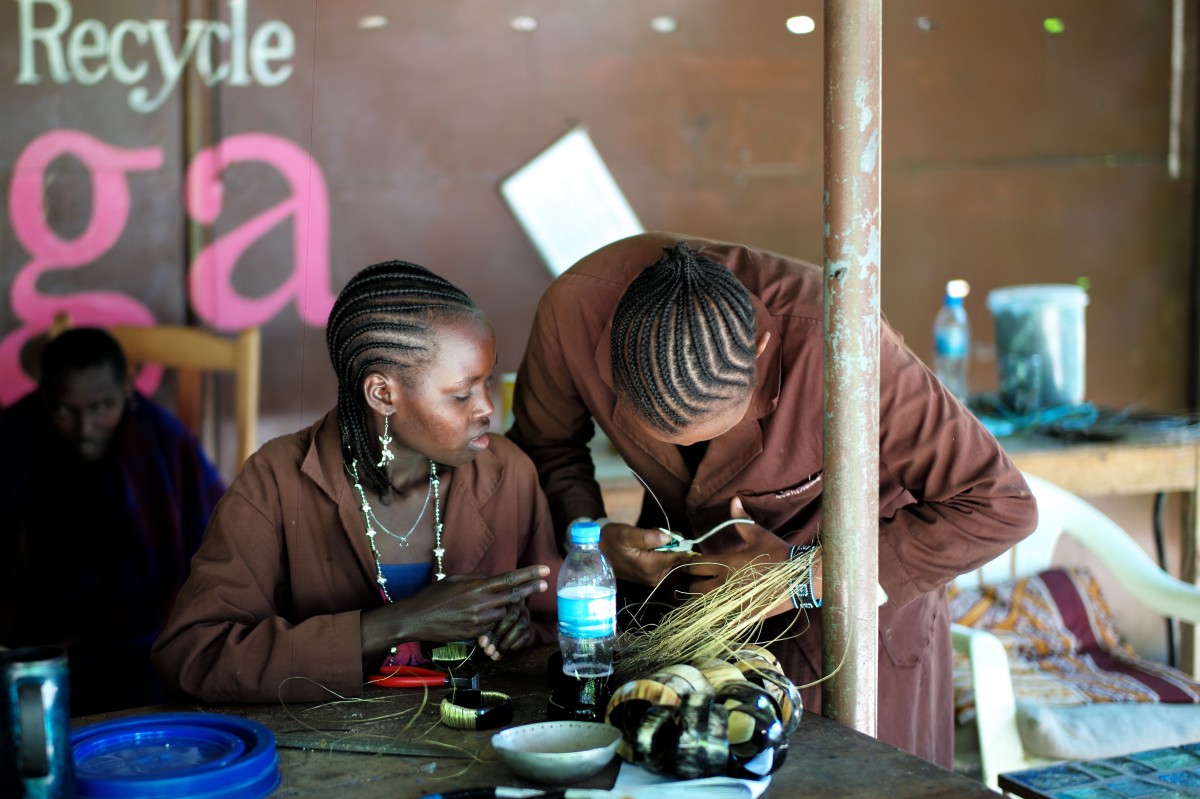Discover how we're empowering communities through sustainable gardening, composting, and natural living initiatives.

Our flagship program establishes sustainable community gardens in urban and rural areas, providing families with access to fresh, nutritious food and income-generating opportunities.

We work with schools to create educational gardens that serve as outdoor classrooms, teaching children about nutrition, science, and environmental stewardship while providing fresh produce for school meals.

Our composting program teaches communities how to convert organic waste into valuable soil amendments, reducing waste while improving soil health and garden productivity.

These workshops teach practical skills for sustainable living, from natural building techniques to herbal medicine, empowering communities to live in harmony with their environment.
Through our programs, we've seen remarkable transformations in the communities we serve. Families now have access to fresh, nutritious food, schools have vibrant outdoor classrooms, and communities are developing sustainable waste management systems. Our participants report improved nutrition, increased income, and a stronger connection to their environment and cultural heritage.
We measure our success not just in numbers, but in the lasting changes we see in attitudes and behaviors. When children develop a love for growing food, when families rediscover traditional sustainable practices, and when communities come together around shared gardens, we know our work is making a difference.